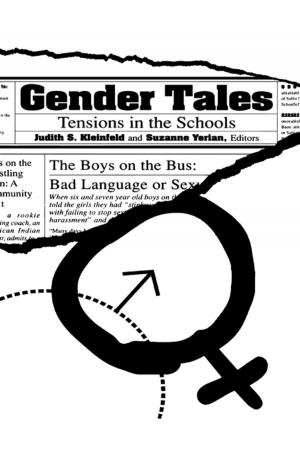Teachers, Learners, Modes of Practice
Theory and Methodology for Identifying Knowledge Development
Nonfiction, Health & Well Being, Psychology, Research, Education & Training| Author: | David Kirk Dirlam | ISBN: | 9781317247708 |
| Publisher: | Taylor and Francis | Publication: | February 17, 2017 |
| Imprint: | Routledge | Language: | English |
| Author: | David Kirk Dirlam |
| ISBN: | 9781317247708 |
| Publisher: | Taylor and Francis |
| Publication: | February 17, 2017 |
| Imprint: | Routledge |
| Language: | English |
Summarizing a half century of work on the problem of identifying units of analysis for complex human behaviour, this book introduces modes of practice as a unit of analysis for the science and design of human activities, and shows how to record them and create field guides at scales from individual to society. Revealing scientific analysis of human practices has been hampered by the lack of a unit of analysis, Dirlam describes how the difficulties of defining a unit are overcome by combining insights from mathematics and human development. Part II presents methods for developmental surveys and interviews that enable social scientists, designers, and education or training assessment professionals to gather data on modes of practice. Part III provides practical descriptions of how to organize interviews into developmental surveys that can be used by a community. Part IV inspires future advances in research and design. Concrete examples from science, design, and learning assessment are used throughout, and the appendix includes the results of 300 developmental interviews, organized into exploratory descriptions of modes of practice and commitment.
Summarizing a half century of work on the problem of identifying units of analysis for complex human behaviour, this book introduces modes of practice as a unit of analysis for the science and design of human activities, and shows how to record them and create field guides at scales from individual to society. Revealing scientific analysis of human practices has been hampered by the lack of a unit of analysis, Dirlam describes how the difficulties of defining a unit are overcome by combining insights from mathematics and human development. Part II presents methods for developmental surveys and interviews that enable social scientists, designers, and education or training assessment professionals to gather data on modes of practice. Part III provides practical descriptions of how to organize interviews into developmental surveys that can be used by a community. Part IV inspires future advances in research and design. Concrete examples from science, design, and learning assessment are used throughout, and the appendix includes the results of 300 developmental interviews, organized into exploratory descriptions of modes of practice and commitment.















